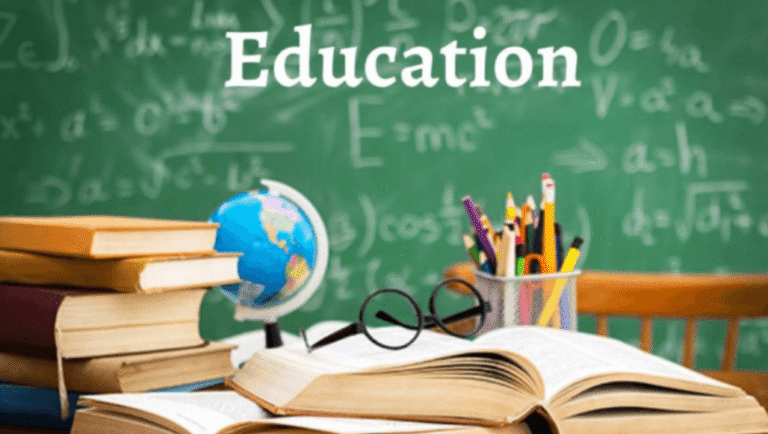Recent developments in education highlight a significant shift towards integrating artificial intelligence and personalized learning. Schools are adopting innovative curriculum designs that prioritize project-based and social-emotional learning. While these reforms aim to equip students with essential skills for the future, they also raise important ethical questions regarding data privacy and AI bias. As educators navigate these complexities, the pursuit of equitable learning environments remains a critical focus. What implications will these changes have for the future of education?
The Rise of Artificial Intelligence in Education
As educational institutions increasingly embrace technological advancements, the rise of artificial intelligence (AI) in education has become a transformative force.
Intelligent tutoring systems leverage AI to personalize learning experiences, catering to individual student needs.
However, this integration raises significant AI ethics concerns, including data privacy and bias.
Balancing innovation with ethical considerations is crucial for fostering an equitable educational environment that empowers all learners.
See also: Latest News in Cybersecurity: Threats and Protection Tips
Innovative Curriculum Designs for 21st Century Learning
The integration of artificial intelligence in education signals a broader shift towards innovative curriculum designs that align with the demands of 21st-century learning.
Emphasizing project-based learning and interdisciplinary studies, these curricula foster critical thinking and creativity.
This approach empowers students to tackle real-world challenges, cultivating a sense of autonomy and connection across various fields, ultimately preparing them for a dynamic global landscape.
Emphasizing Social-Emotional Learning in Schools
Emotional intelligence has emerged as a critical component of effective education, prompting schools to prioritize social-emotional learning (SEL) within their curricula.
This shift enhances social awareness among students, equipping them with essential skills to navigate interpersonal relationships and manage their emotions effectively.
As educational institutions embrace SEL, they foster environments where emotional intelligence thrives, ultimately supporting students’ overall well-being and academic success.
The Shift Towards Personalized Learning Experiences
While traditional education models often employed a one-size-fits-all approach, a growing recognition of individual learning needs has sparked a transformative shift towards personalized learning experiences.
This evolution leverages adaptive assessments to tailor instruction, fostering greater learner agency. By empowering students to take control of their educational journeys, personalized learning not only enhances engagement but also promotes deeper understanding and mastery of content.
Conclusion
As educational reforms continue to evolve, the integration of artificial intelligence and innovative curriculum designs presents both opportunities and challenges. While the focus on personalized learning and social-emotional development aims to equip students for the future, ethical concerns regarding data privacy and bias cannot be overlooked. How can educators ensure that these advancements serve all learners equitably? Balancing innovation with responsibility will be crucial in shaping a just and effective educational landscape for generations to come.
